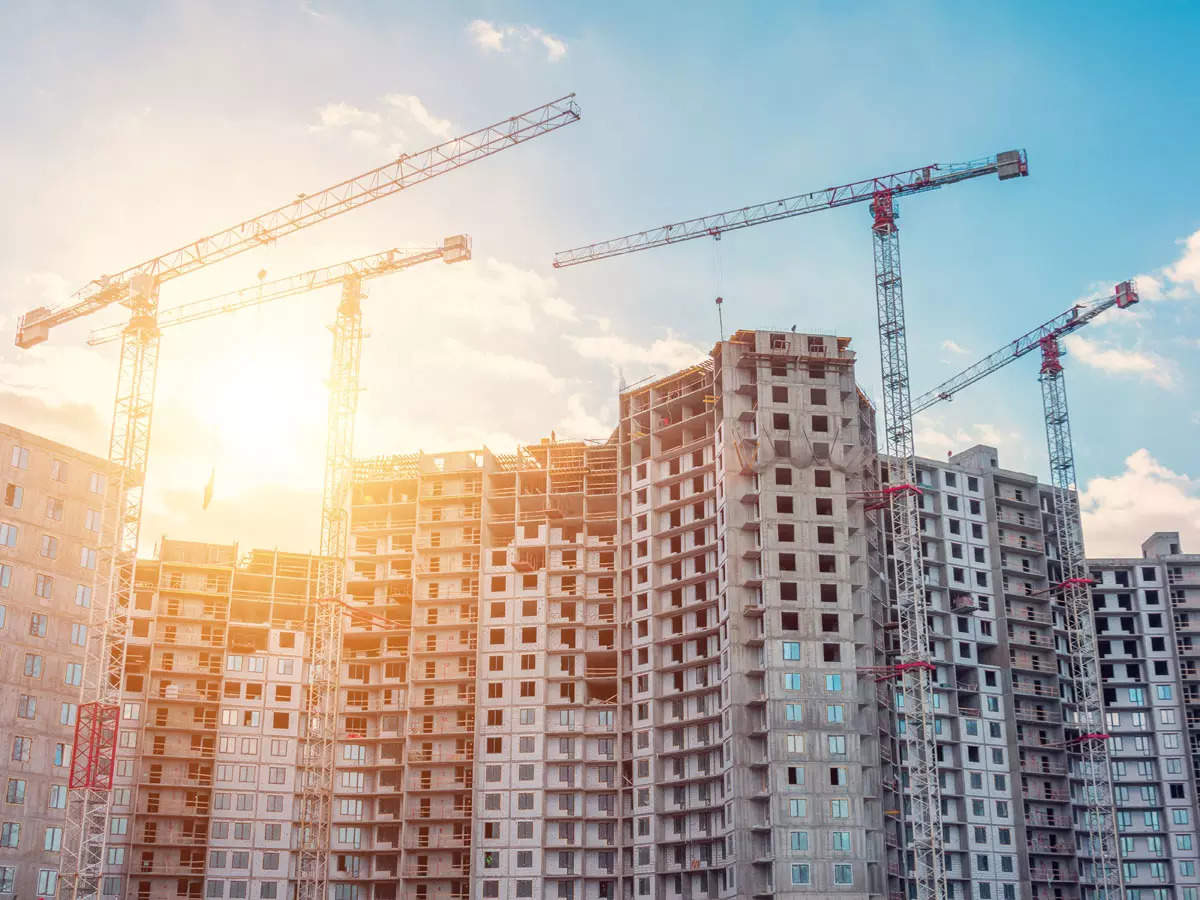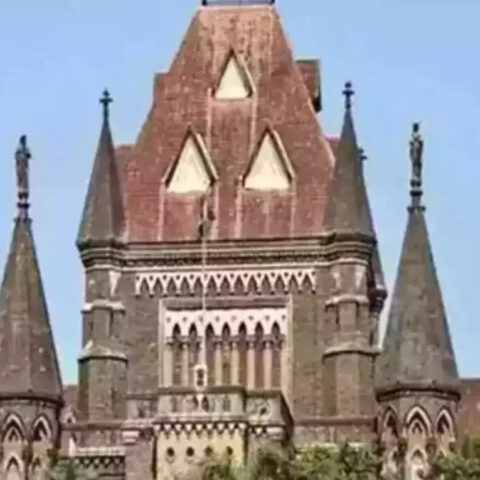
BENGALURU: Multiple builders across Bengaluru have alleged that problems in the newly introduced e-khata have hindered registration of rent, lease and sale agreements, delayed approvals, disrupted project timelines and affected overall business.
The Confederation of Real Estate Developers’ Association of India (Credai)-Bengaluru recently sent a letter to BBMP, a copy of which is available with TOI, to implement the e-khata system in a phased manner.
The mandatory e-Khata requirement for registration of agreements has made it difficult to execute time-sensitive conveyancing documents, delaying vital projects and hindering industry growth.
Without e-Khatas, essential deeds like title deposits, mortgage discharges, and hypothecation are not being registered, affecting loans, ease of business, public interests, and state revenue, the letter said.
According to builders, even in cases where properties have e-khatas, e-khatas for individual units in the projects have been difficult to obtain and without these individual khatas, there is no way they can register the flats/units and hand them over to buyers. They say the impact is not only felt by them but also home buyers.
Kishore Jain, chairman, Credai-Bengaluru, told TOI: “At the outset, e-Khata is a good system but with its current problems, all builders and developers are facing issues. I’ve seen this personally. Everything requires transition time. It may be six months or one year. There are many examples: Go to the airport, there’s a digi yatra line and a non-digi yatra line. There may be a solution to the e-khata problems in the form of a provisional khata; we hope BBMP considers that. Otherwise, not only is the business being affected, but the govt will also lose revenue. As per the govt’s own data, there’s a 42% dip in revenue from registrations last month.”
Suresh Hari, Credai V-P, said, “Ekhata would have been far more beneficial with proper planning and implementation. Buyers are experiencing difficulties in completing their transactions due to time constraints. Currently, all registrati ons have slowed down, and there’s no clear timeline for when things will normalise. Stakeholders frequently reach out about the delays, but we have no choice but to advise them to wait. Funds are tied up, agreements are stalled, and project deliveries will likely be delayed this year.”
Ramani Sastri, chairman and managing director, Sterling Developers, said, “We’re now in a position where my customers still owe me money though the building is completed. The final payments — a bout 3% of the total project cost —are tied up because we can’t execute the sale deeds.” HA Kiran, member, governing council, Builders Association of India, Karnataka, said, “Since builders receive payment once registration is complete, these delays reduce cash flow, requiring them to pay additional interest to banks. In turn, this delay affects the govt’s revenue generation, a s taxes and stamp duties are delayed, and builders end up paying substantial costs without immediate financial returns.”









